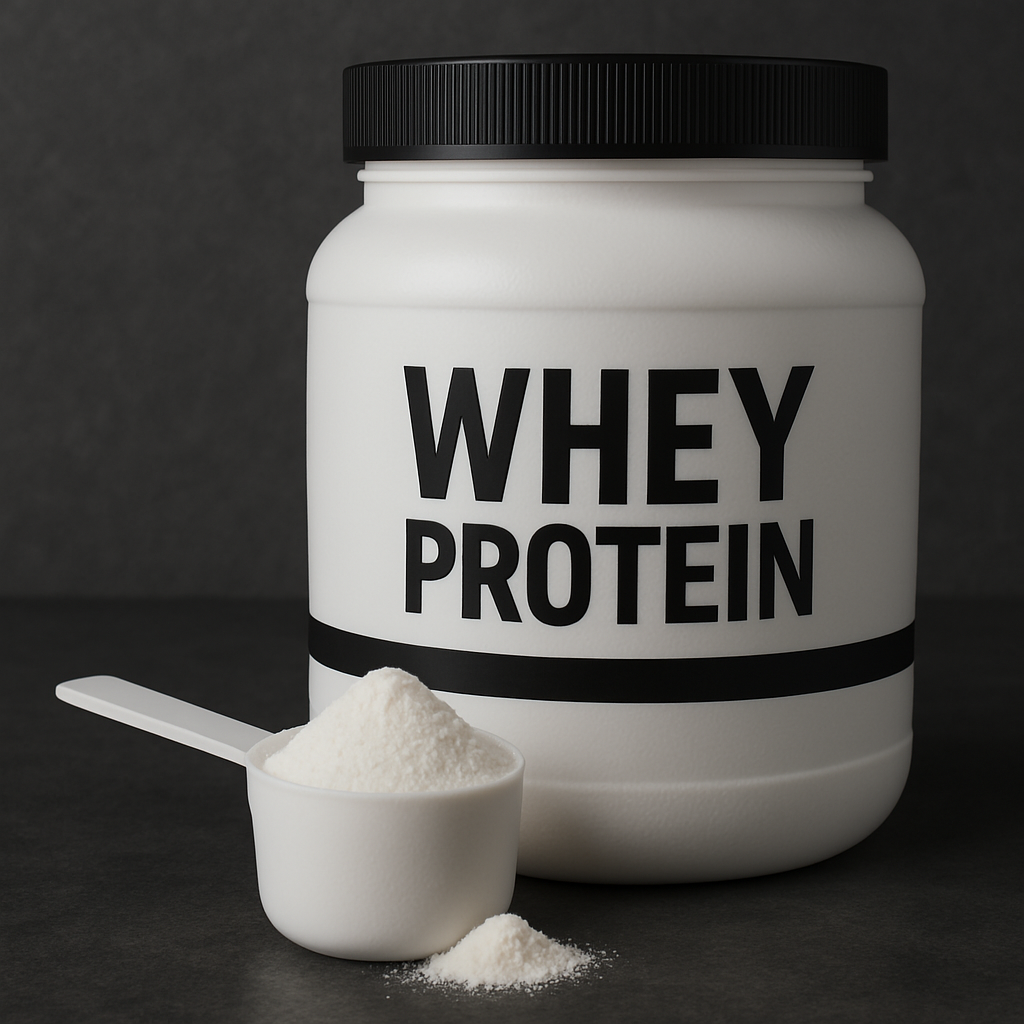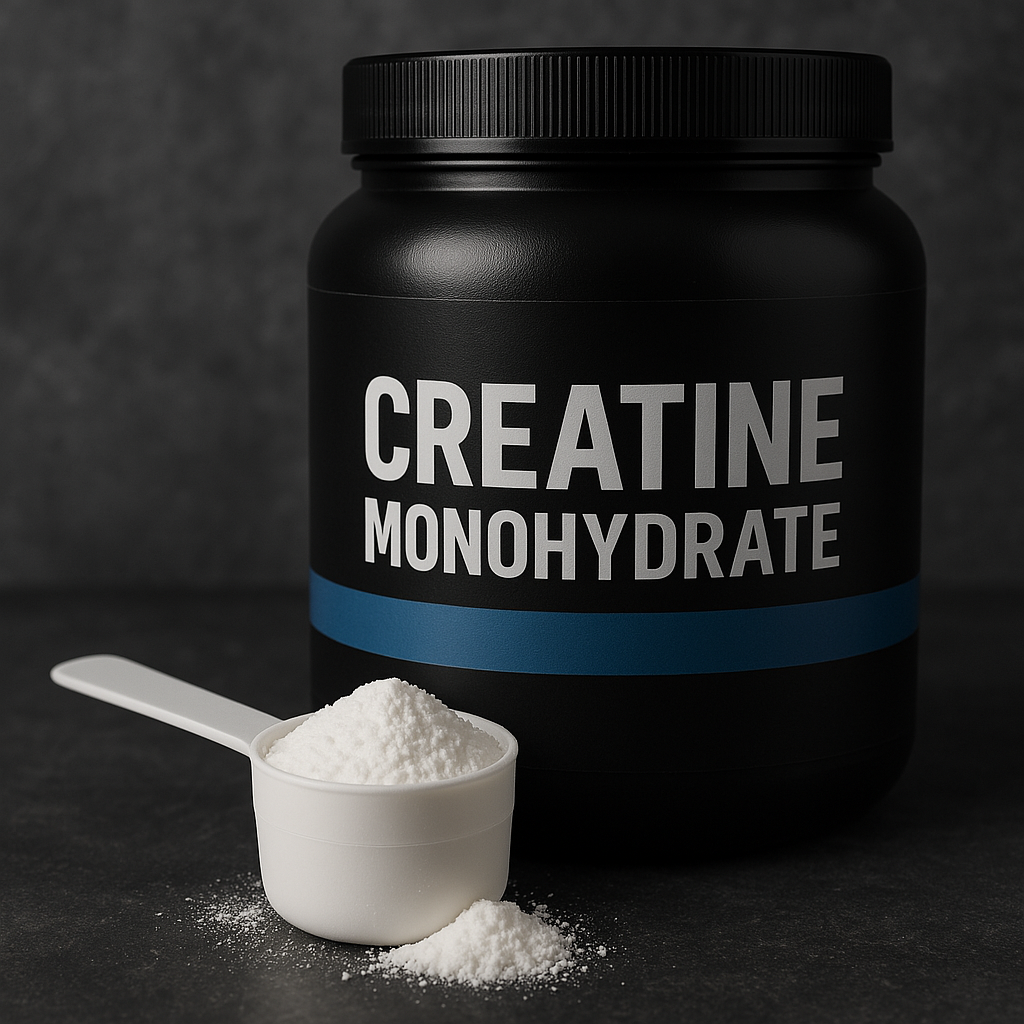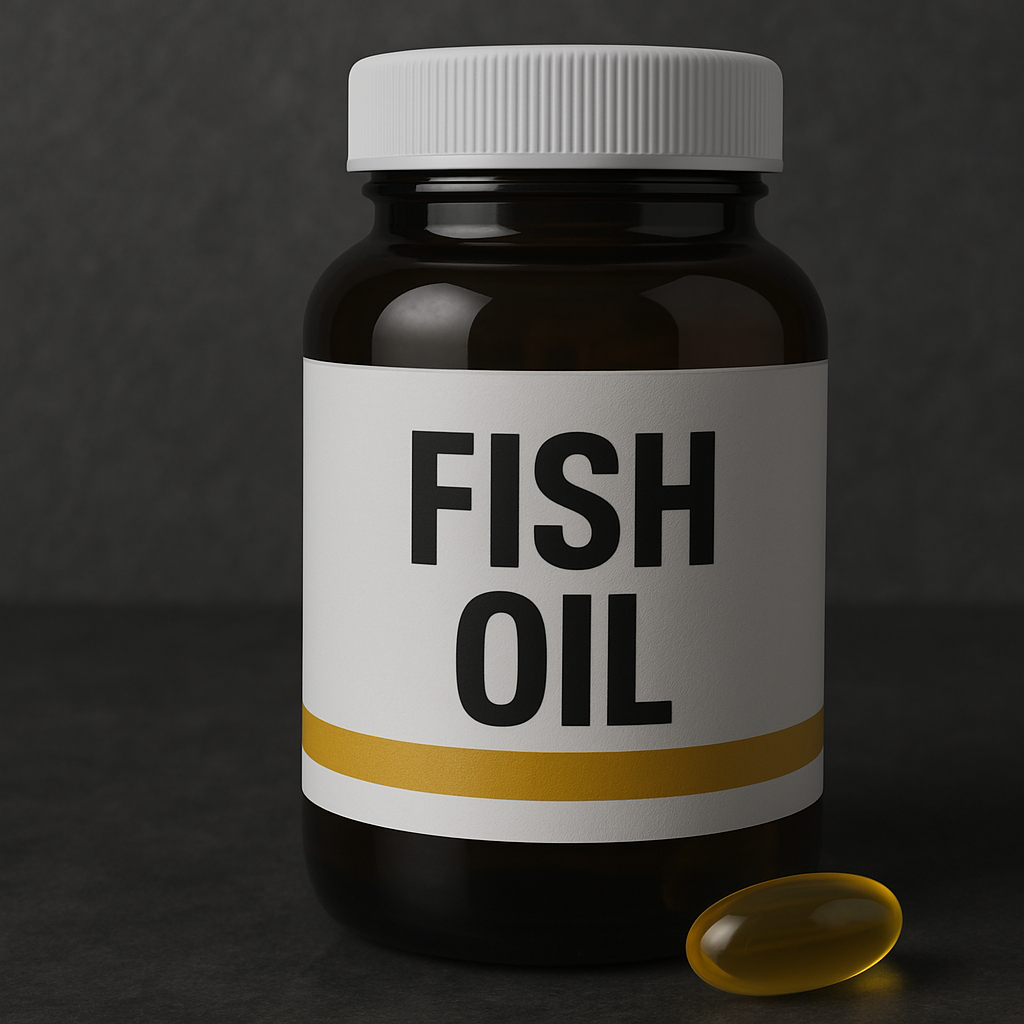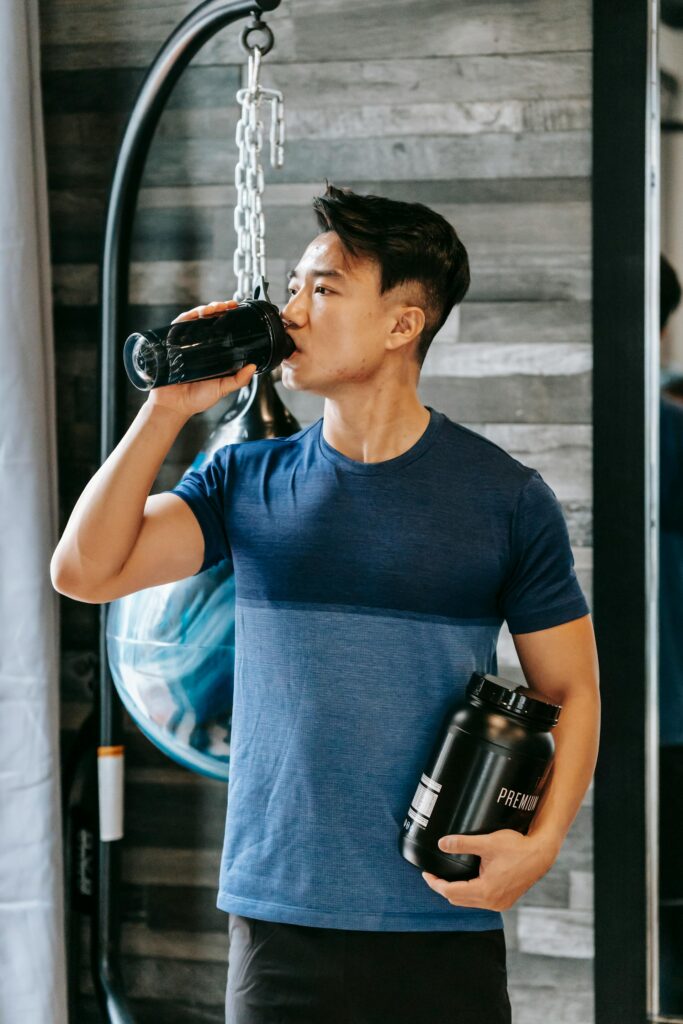
Discover expert advice on nutrition and supplements for fitness. Learn how to fuel your body for muscle growth, recovery, and lasting strength results.
When it comes to building a strong, healthy body, what you do in the kitchen is just as important as what you do in the gym. Training without proper fuel is like trying to drive a car on empty. Whether your goal is to gain muscle, lose fat, or simply perform better in your workouts, understanding nutrition and supplements for fitness is essential.
Why Nutrition Matters for Every Fitness Level
Nutrition provides your body with the energy and building blocks it needs to train, recover, and grow. The three key macronutrients — protein, carbohydrates, and fats — all play unique roles in fitness. Protein helps repair and build muscle tissue, carbohydrates fuel your workouts and recovery, and fats support hormones and overall health.
If you’re not eating enough or not getting the right balance of nutrients, you’re limiting your progress. Even the most advanced training program won’t deliver results without a solid nutrition plan behind it.
Building Your Plate: Fitness-Focused Meal Structure
To support your fitness journey, aim to include all three macronutrients in every meal. A typical performance plate should include:
- A source of lean protein: chicken, turkey, eggs, Greek yogurt, tofu, or protein shakes
- Complex carbohydrates: brown rice, oats, sweet potatoes, quinoa, or whole grain bread
- Healthy fats: avocado, olive oil, nuts, seeds, or fatty fish
- Fiber-rich vegetables or fruits: broccoli, spinach, carrots, berries, or apples
This combination helps support energy, recovery, satiety, and muscle repair. Don’t fear carbs or fats — your body needs them to function and grow.
Pre-Workout and Post-Workout Nutrition
Fueling properly around your workouts makes a big difference. For pre-workout, eat a meal or snack rich in carbs and moderate in protein about 1–2 hours before training. This gives you sustained energy and improves performance.
Post-workout is all about recovery. Aim to eat within 60–90 minutes of finishing your session. Include protein to rebuild muscle and carbs to replenish glycogen stores.
Example pre-workout: Banana with peanut butter and oats
Example post-workout: Grilled chicken with sweet potato and vegetables
Supplements for Fitness: What Works and What Doesn’t
While a solid diet should always come first, some supplements for fitness can support your training and recovery. Stick to science-backed essentials that actually deliver results.

Whey Protein
A fast-digesting protein source perfect for post-workout. It’s convenient and helps you hit your daily protein target, especially when you’re on the go.

Creatine Monohydrate
One of the most researched supplements in the world. It increases strength, improves performance, and supports muscle growth. Take 3–5g daily, anytime.

Caffeine
A proven pre-workout booster. Caffeine can enhance focus, strength, and endurance. Found in coffee or pre-workout formulas, but avoid taking it too close to bedtime.

Omega-3s (Fish Oil)
Supports joint health, reduces inflammation, and may help muscle recovery. Especially useful if your diet is low in fatty fish like salmon.

Vitamin D3 and Magnesium
Both support energy levels, recovery, and immune function. Many people are deficient without knowing it, especially in winter.
Avoid unnecessary or unproven supplements like fat burners, testosterone boosters, or anything promising “instant” results. Focus on consistency, not shortcuts.
Hydration: The Overlooked Supplement
Water is arguably the most critical supplement of all. Even mild dehydration can affect performance, energy, and muscle function. Aim to drink at least 2–3 liters of water daily, and more if you’re sweating heavily during intense workouts. Add electrolytes on high-volume training days or if you’re sweating excessively.
Creating a Nutrition and Supplement Plan for Your Goals
Your exact approach to nutrition and supplements for fitness will depend on your goals. If you’re trying to build muscle, you’ll need a slight calorie surplus with plenty of protein and carbs. If you’re cutting fat, you’ll reduce calories slightly but still prioritize protein to protect muscle.
Supplements can support your goals, but your diet and training need to be locked in first. Stick to whole foods 80–90% of the time, use supplements to fill gaps, and make sure your plan is something you can follow consistently.
Final Thoughts on Nutrition and Supplements for Fitness
A strong body isn’t built in the gym alone — it’s built through daily habits, including what you eat, drink, and how you recover. When you combine structured training with proper nutrition and supplements for fitness, your energy improves, your strength increases, and your results become more sustainable.
Focus on fueling your body, not depriving it. Train with intent, recover with purpose, and nourish yourself like an athlete. That’s how you evolve.
If you’re ready to take your training and recovery to the next level, explore more resources on Lift Evolve, including full workout plans, recovery tips, and goal-based guides.
Want to learn more about how supplements like creatine and protein support performance? Check out this science-backed guide from Healthline.
Let’s fuel the journey. Let’s evolve.
